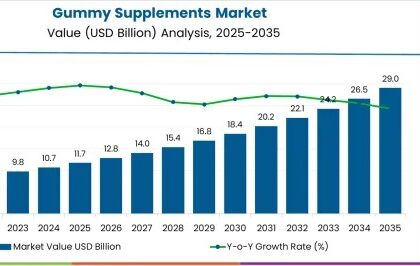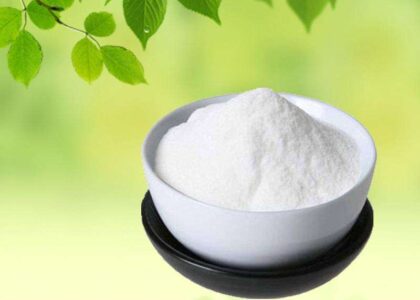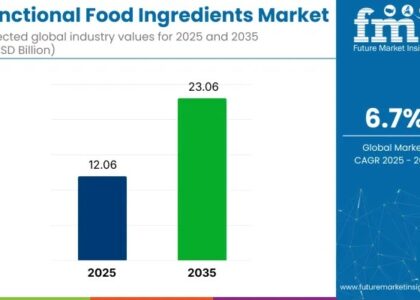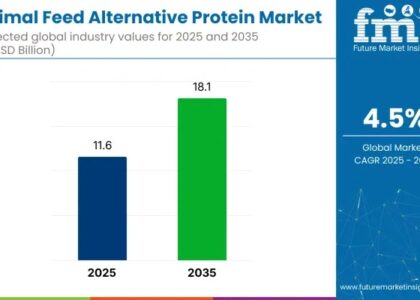Industrial workplaces can be tough environments. From greasy workshops to wet processing plants, comfortable and safe footing is paramount for worker well-being and productivity. Here’s where the often-underrated industrial floor mat market steps in. These specialized mats provide a crucial layer of protection and functionality, making them a vital element in any industrial setting. Fueled by growing safety regulations and an increasing focus on worker ergonomics, the industrial floor mat market is experiencing steady growth. Let’s explore the diverse applications of industrial floor mats and delve into the exciting opportunities shaping this industry.
Standing Strong: Applications of Industrial Floor Mat
Industrial floor mats come in a variety of configurations, each designed to address specific workplace challenges:
- Anti-Fatigue Mats: These cushioned mats provide relief from prolonged standing, reducing muscle fatigue and improving worker comfort, especially in areas with long production lines or workstations.
- Anti-Slip Mats: Wet environments or areas prone to spills benefit from these mats, which enhance traction and minimize the risk of slips and falls, a leading cause of workplace injuries.
- Drainage Mats: In areas with wet processes or frequent spills, drainage mats allow liquids to drain away, preventing puddles and keeping work surfaces dry and slip-free.
- Dielectric Mats: These insulate workers from electrical hazards, protecting them from potential shocks in areas with electrical equipment or potential for static discharge.
- Welding Mats: Made from heat-resistant materials, these mats safeguard workers and workplaces from sparks and hot metal splatter during welding operations.
Get Exclusive Sample Copy of the Report:
https://www.futuremarketinsights.com/reports/sample/rep-gb-18892
A Market on Solid Ground: Growth Factors
The industrial floor mat market is experiencing a surge in popularity driven by several key trends:
- Focus on Workplace Safety: Stringent safety regulations and heightened awareness of workplace safety hazards are driving demand for industrial floor mats that prevent slips, falls, and fatigue-related injuries.
- Ergonomics in the Workplace: Companies are increasingly prioritizing ergonomic considerations to improve worker comfort and productivity. Anti-fatigue mats play a vital role in this focus.
- Increased Automation: As automation takes hold in various industries, the need for safe and comfortable work areas for human-machine interaction is rising, creating a demand for specialized industrial floor mats.
- Rise of Specialty Applications: The growing adoption of robotics, 3D printing, and other advanced technologies creates new demands for specific types of industrial floor mats, such as those with anti-static properties.
- Sustainability Concerns: Manufacturers are developing eco-friendly floor mats made from recycled materials or with improved durability to minimize waste.
The industrial floor mat market is anticipated to reach a valuation of USD 4.5 billion in 2024. The industry is projected to be worth USD 7.1 billion by 2034, expanding at a CAGR of 4.5% between 2024 and 2034.

Challenges and Considerations
The industrial floor mat market also faces some hurdles:
- Product Selection: With a wide variety of industrial floor mats available, choosing the right type for a specific application can be complex. Increased education and awareness about different mat functionalities are crucial.
- Maintenance Needs: Regular cleaning and replacement of industrial floor mats are essential for maintaining their effectiveness. Balancing durability with ease of maintenance is a key consideration.
- Cost Considerations: While the long-term benefits outweigh the initial investment, upfront costs for some specialized industrial floor mats can be a factor for budget-conscious businesses.
Get Full Report Now:
https://www.futuremarketinsights.com/checkout/18892





